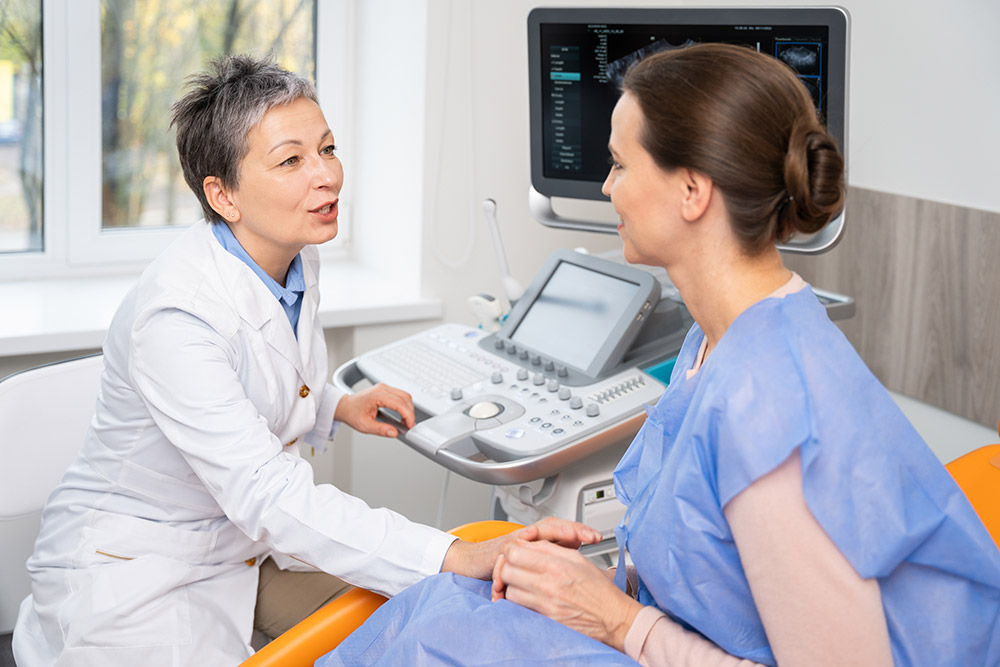Expert Treatment for Colon Tumor by Dr. Bharat Pothuri
Dr. Pothuri follows a clear and thorough diagnostic process:
Medical History & Symptom Review
He begins by discussing your health history and symptoms such as changes in bowel habits, bleeding, or unexplained weight loss.
Physical Examination
A gentle exam is performed to check for any abdominal or rectal abnormalities that may indicate colon concerns.
Diagnostic Testing
- Colonoscopy with Biopsy: A camera examines the colon lining, and any suspicious growths are sampled for lab testing.
- Blood Tests: Used to detect anemia or tumor markers like CEA that may indicate colon cancer.
- CT Scan or MRI: These imaging tests help determine if the tumor has spread to nearby tissues or organs.
Personalized Treatment Planning
Based on the results, Dr. Pothuri develops a personalized care plan focused on your specific diagnosis and health goals.
Frequently Asked Questions
What is the survival rate for colon cancer?
If caught early, the 5-year survival rate is over 90% (source: American Cancer Society).
What stage is a 7 cm tumor?
A 7 cm tumor may be Stage II or III, depending on how deeply it invades the colon wall and whether it has spread to nearby lymph nodes.
What about a 10 cm tumor?
A 10 cm tumor could be Stage III if lymph nodes are involved, or Stage II if it remains confined to the colon wall.
Is surgery always needed?
In most cases, yes. Small benign tumors can often be removed during colonoscopy, but larger or malignant tumors typically require surgery.
What is recovery like after laparoscopic colectomy?
Most people go home in 2-4 days and return to normal activities within 2-4 weeks.
Can diet help prevent colon tumors?
Yes. Eating more fruits, vegetables, and whole grains can lower your risk-but regular screening remains essential.
When should I get a colonoscopy?
Begin at age 45 for average-risk individuals, or earlier if you have a family history or concerning symptoms.












